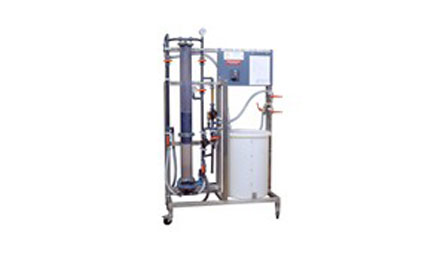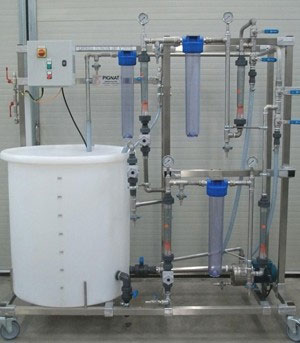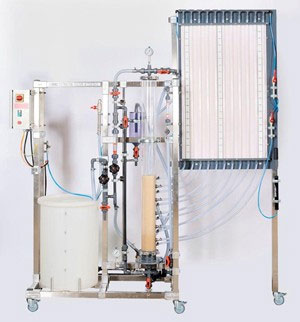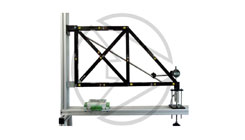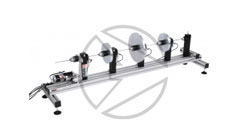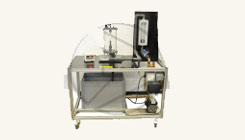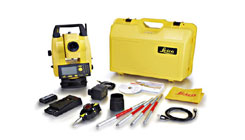An industrial water treatment treats water to make it more appropriate for a given use, whether for consumption, manufacturing, or even disposal. Having said that each system will vary depending on the facility’s needs and many of the technologies which make up these systems can be similar. In general, some of the most-needed industrial water treatment systems conventionally include:
- Raw water treatment systems
- Boiler feedwater treatment systems
- Cooling tower water treatment systems
- Wastewater treatment systems
The technologies selected and in what order they appear in each water treatment system will vary depending on the contaminants which need to be removed, but it is possible to narrow down what one might see in these four common industrial treatment systems.
Below lays the working principle of how an industrial water purification system works –
The first process is screening in which the source water wither from a natural or industrial source, will typically pass through a screen as it enters industrial filtration systems. It is an important step as it keeps large material out of the water system which can clog or otherwise disrupt the purification processes. The second step is the addition of chemicals to the water to be treated, which causes the formation of small yet sticky particles known as floc to begin forming. In turn, this floc will attract larger and larger particles. This leads to the now-larger particulate to either sink to the bottom of the floc tank for conveyor removal or rises to the top to be skimmed off.
Filtration is a critical part of the majority of industrial water purification systems, the water will be pumped through one of many different types of filters, leaving the accumulated floc behind in the filtration media. These filters can be made from cloth, crushed black walnut shell and or carbon, trap and remove even more particulate as the water passes through them.
The now filtered water is then pumped into a closed tank where disinfectant chemicals such as chlorine are used to destroy any bacteria or other microorganisms that may have survived the filtration process. Other technologies include ultrafiltration which is filters with pores of 0.2 microns or less, purification with ultra-violet light (UV), or reverse osmosis (RO)
We have a wide variety of industrial water filtration systems and products which you can choose from. Custom-engineered industrial water, produced water and wastewater media, vacuum, pressure, and bag filters and systems are typically used to remove suspended solids, oils, PFAS and other contaminants from water.
Pilot plants to process water treatment and waste treatment techniques. Adapted to carry out practical workshops in chemical engineering, environmental and water specialized school.
Topics :
- Ion exchanges
- Reverse osmosis
- Biological processes
- Physicochemical treatment
- Filtration
- Ultrafiltration
- Nanofiltration
- Wastes treatment
Feel free to contact us for any civil engineering training equipment feel free to contact our team at any time. We are known for our exemplary range of products and their optimum performance.
Reverse osmosis
- Osmosis y Nanofiltration
- Reverse osmosis for seawater
Filtration
- Filtration on sand
- Filtration on activated carbon
- Cartridges filtration
Biological Processes
- Aerobic treatment
- Anaerobic treatment
- Automated Biological Treatment

